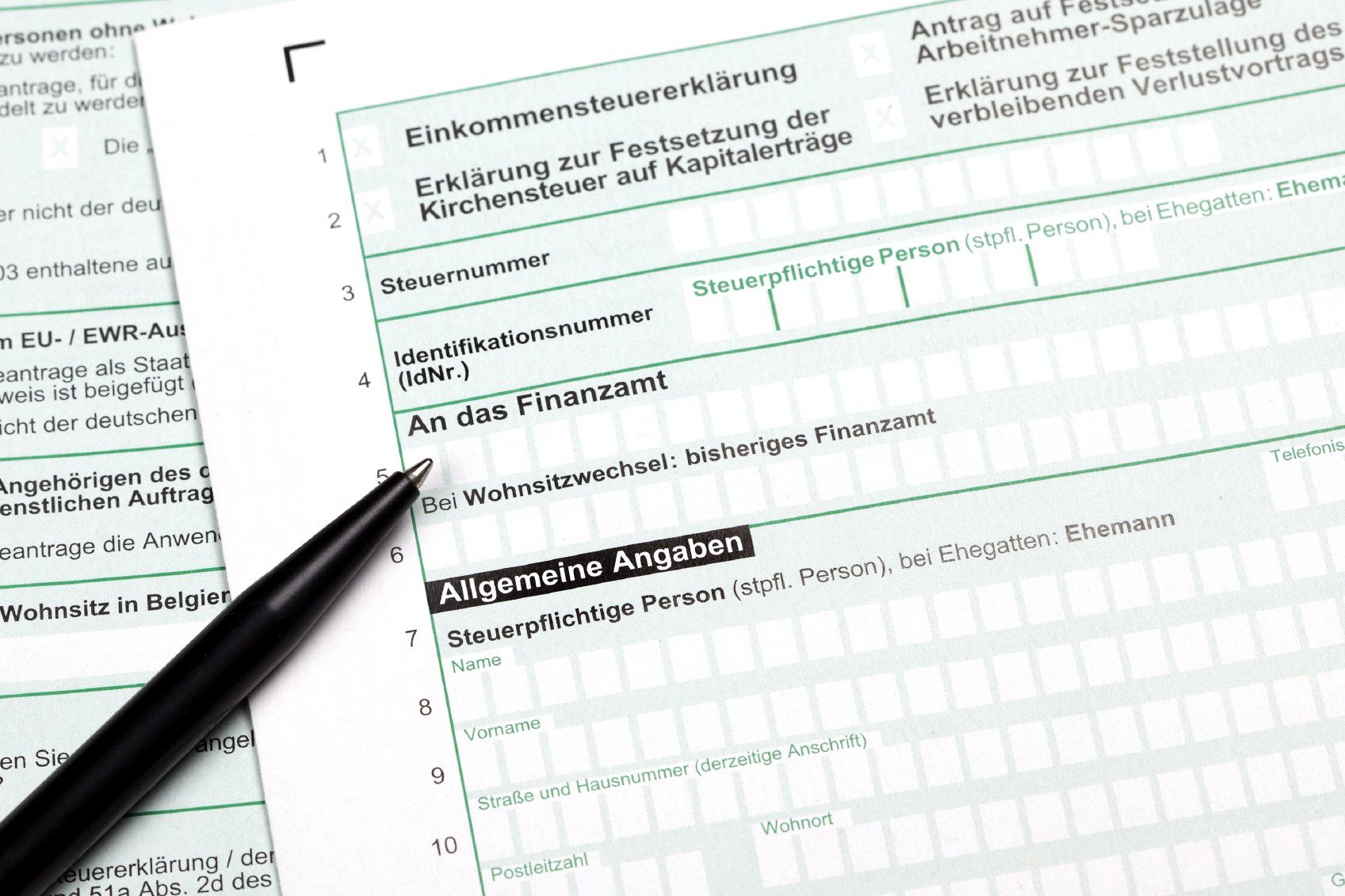by Claire Hudson
•
22 April 2025
Riding the Investment Roller Coaster: Three Tips for a Smoother Ride Investing can sometimes feel like being on a roller coaster. One moment you're thrilled as your investments climb, and the next, a sudden drop can make your stomach churn. It's a natural part of the journey, with both ups and downs to be expected. Decades of stock market history show that declines are a regular occurrence, with average intra-year drops of around 14% for the US stock market between 1979 and 2023. However, the good news is that despite these bumps, the US stock market has ended with positive returns in 37 out of the past 45 years. So, how can you stay calm and make the most of your investment journey despite the inevitable twists and turns? Here are three key reminders: 1. Keep Your Eye on the Horizon It's easy to get caught up in short-term market fluctuations, especially when you see a dip. However, it's crucial to remember the bigger picture. Instead of panicking over a near-term drop, try to focus on your long-term investment goals. As the saying goes, "this too shall pass," and history suggests that markets have generally trended upwards over the decades, rewarding investors who remain disciplined. Taking a step back from the immediate market noise can provide helpful perspective and ease your fears. 2. Stay in Your Seat When the market takes a sharp downturn, the urge to sell your investments and avoid further potential losses can be strong. But this is often compared to jumping out of a roller coaster mid-ride – it's generally not a good idea! Attempting to time the market perfectly to dodge the worst days can actually lead you to miss out on the best days. Consider this: if you had invested $1,000 in the S&P 500 Index back in 1990 and left it untouched, it would have grown to $27,221 by the end of 2023. However, missing just the single best day during that period would have reduced your ending wealth by nearly $3,000. Missing the five best days would have cost you over $10,000. Over the long term, even a few key days can make a significant difference. So, like a roller coaster rider advised to keep their seatbelt fastened, investors may be well advised to stay invested.











